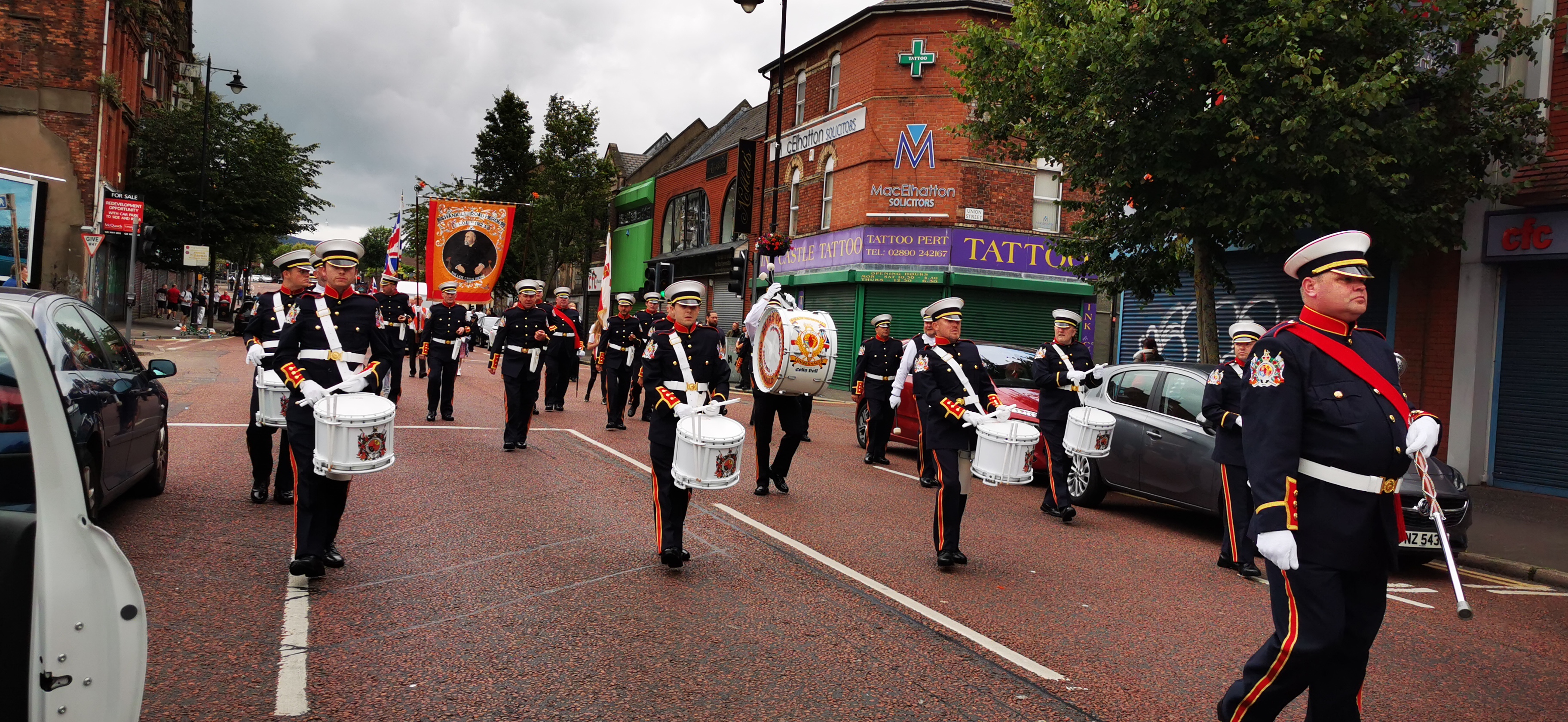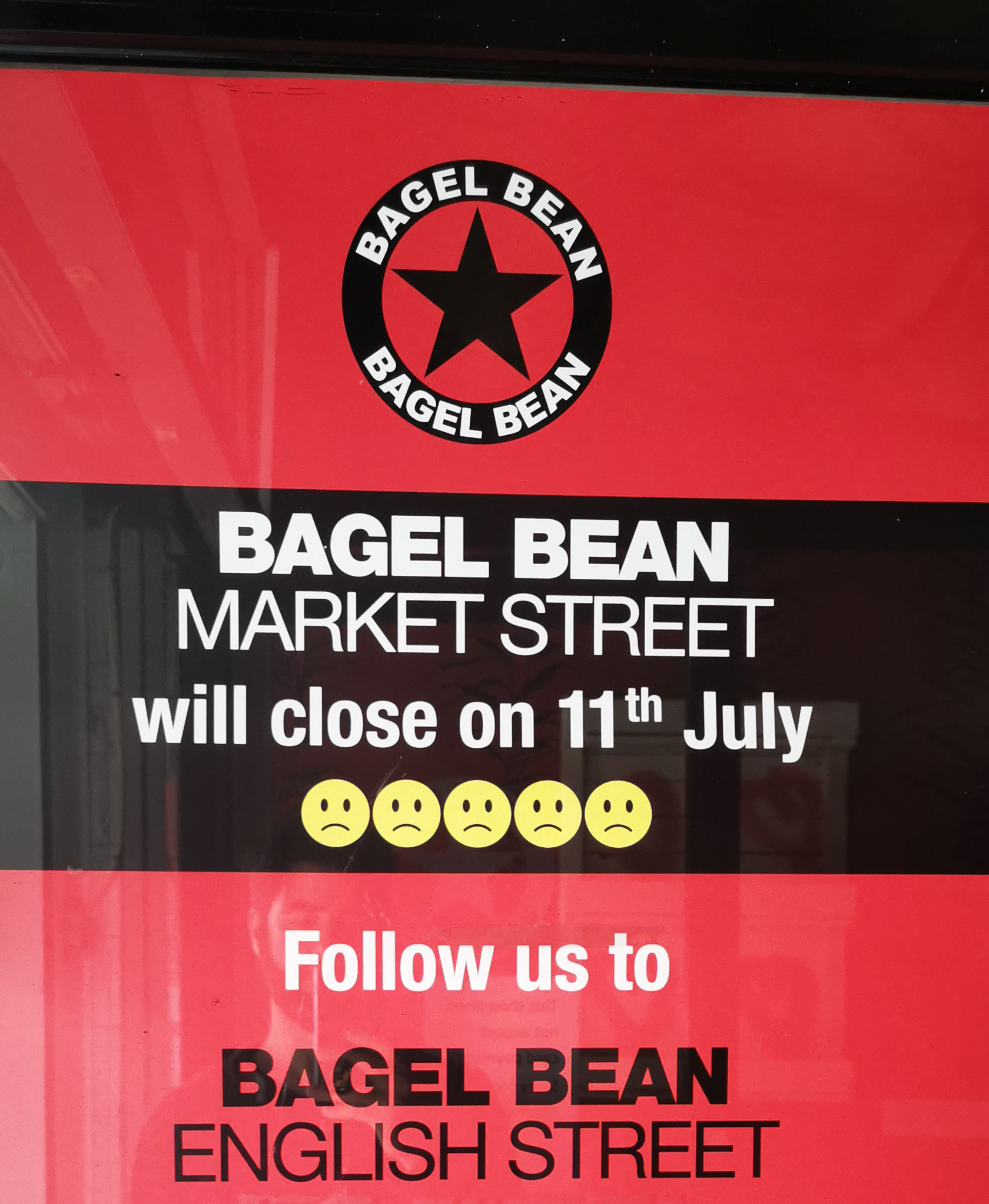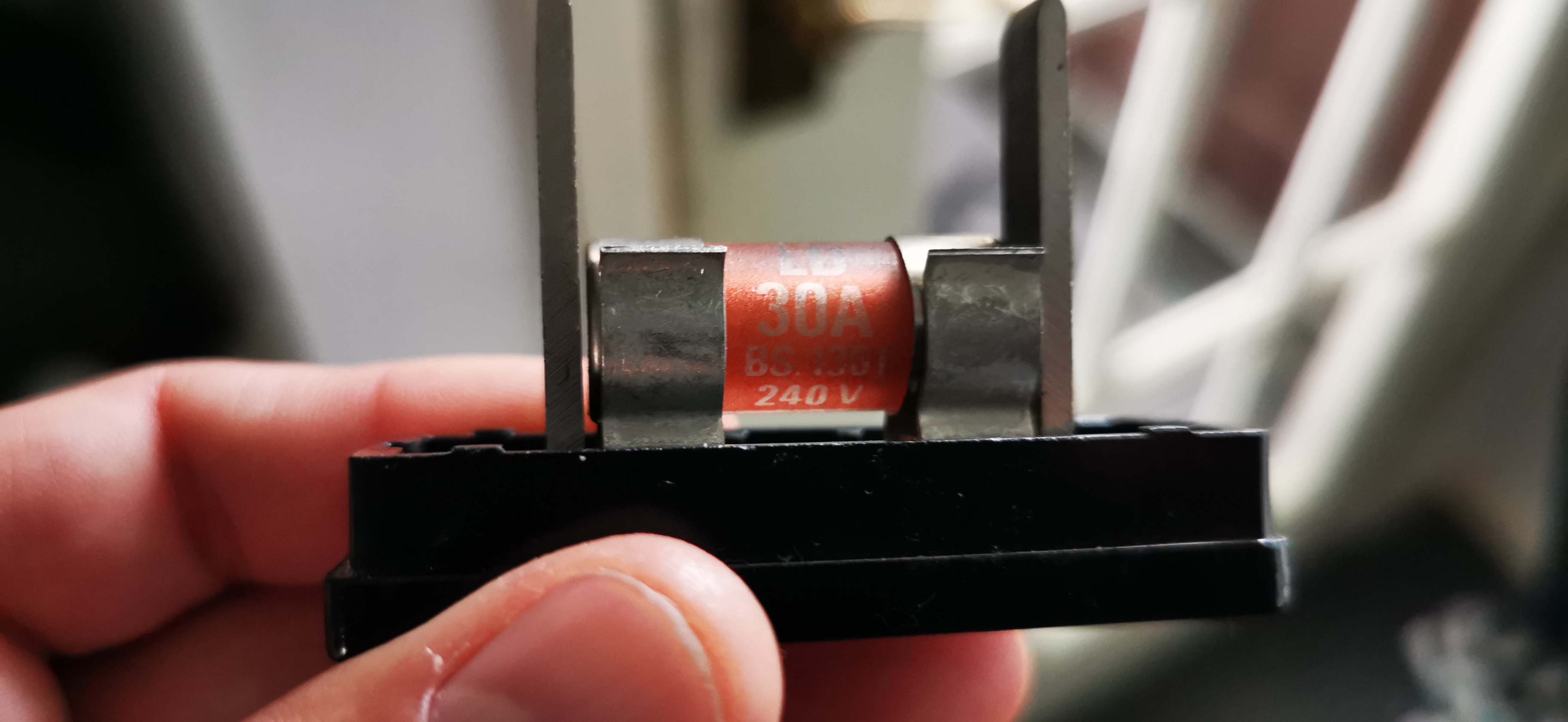Everything Breaks; Some Things Are Made Broken

Preface
Chance can act as a magical potion on any traveller by shaping an unclear picture of any particular place. Forged by unforeseen circumstances and random happenings, our personal experience of a city, town, or country, may not align with the experiences of other travellers and our own established biases may make us blind to the beauty seen by those who choose to live there. A misplaced handbag on a train can steer the focus of any traveller from the majesty of their unfamiliar surroundings to the inconvenience of the loss of their belongings and forever frame a place within that spirit of frustration over awe. Sometimes the two opposing sentiments can even collide head-on and one discovers a sense of awe in the level of their frustration. I arrived in Belfast after 6 weeks of travel through England and Scotland with an open mind and no more preconceptions than the fact that the area had suffered through decades of violence between Protestants and Catholics generations-long prior to my arrival. Still, I thought, how different could Northern Ireland be from the rest of the United Kingdom? How different could it be from the Republic of Ireland? United with the rest of Europe, how different could it be from the rest of the EU?
Before sharing my impressions of Belfast and Northern Ireland it is with this sensitivity, hopefully, that the reader will consider making their own impressions of this part of the world and regard this small story as no more than a capsule with a limited scope that in no way stands as the final word. Although a short hop by plane from Glasgow and the rest of the UK and a free and open land border with the Republic of Ireland, the Ireland of the North seems a world apart.
Everything Breaks
My host had a strict check-in policy beginning at 4pm. As I had arrived several hours early I took the opportunity, encumbered with luggage though I was, to stroll through the neighbourhood and get to know the area. Though it was the early afternoon the city was overcast and dark and covered by menacing looking clouds as though a storm was brewing and ready to erupt at any moment. I located my accommodation just on the western side of a wide avenue that divided the city centre from the western boroughs in an area that had all the charm of a prison courtyard. I walked back up to the main road and took an instinctive left turn down a street that looked promising. There was a short bridge over a major highway and at the far end written on a building was a sign that read “Shankill – the Original Belfast since 455AD”. In my own ignorance, I took it to mean that I would be walking through the old quarter which in most European cities means pedestrianized cobbled streets and quaint cafes designed to while away a quiet afternoon – not in Shankill. The Shankill runs in a straight line out of town toward the mountain, Divis, at the western edge of the city. Today it is a rather grim place lined with pubs, chip shops, barbers, and fishmongers. Once upon a time, it was the epicentre of loyalist territory during ‘The Troubles’ and where gangs like the aptly named Shankill Butchers, responsible for the murder of two dozen people in the late seventies and early eighties – mostly Catholics – hailed from. Its truest spirit, and that of all Northern Ireland, can be summed up in one image that I witnessed as I walked back toward the city of a young boy, tall, lanky, and unkempt, in his early teens laughing in the cold and the rain wearing nothing but shorts and a tank top with a cigarette dangling from his lips and his hands down his pants. That juxtaposition of rebellious adolescent joy, disregard, and devil may care attitude toward one’s own surroundings runs through the heart of what makes Northern Ireland what it is.
Tired of toting my luggage around I checked in promptly at 4pm. Juan Pedro, my host, short, skinny, and balding, arrived at the door grimacing in pain. I looked at him with concern and assessing my priorities, and whether or not I should assist him with his ailments or allow him to assist me with making myself comfortable in my new lodgings. He explained that the day prior he had been beaten up by his boyfriend, was on medication for the pain, but that his back and his ribs had been thoroughly kicked in so the pills were only somewhat effective. I had always prided myself on being a low maintenance guest and so I reckoned that the faster I got myself settled and could leave him in peace the better. The inside of the accommodation matched the outside and its host. The common room was in shambles with boxes piled over worn-in couches, the kitchen was a mess with open pizza boxes stacked in a corner and crumbs everywhere. The room was cramped and the window didn’t open and Juan Pedro spent 30 minutes outfitting a television that was in my room with some piece of technology that I didn’t need and didn’t ask for. The shower barely made water and the floors all over the house were sticky and the internet was barely fast enough to send an email. Juan Pedro kept prattling on over so many mundane details, all the while twitching and scratching at his scruff that I could not find a window of opportunity to thank him and be on my way. After so many lovely stays in England and Scotland, I was reminded that sometimes pictures can deceive, so I took a deep breath and reminded myself that it was only for four nights.
After finally settling in, I walked back into town as I usually do whenever arriving in a new city to get a better sense of my surroundings and procure provisions for the evening meal. It was not even 6 pm and already most of the shops in town were shut and the people who had been bustling through the streets when I had arrived were all gone. Only a few Tescos remained open just long enough for me to get a few items to eat but beyond that, from where I stood, there seemed to be nothing else for one to do so I returned to my accommodation and tried to get some work done and get a quiet night’s sleep. The drumming began at around 10 pm right as I was beginning to feel a little bit drowsy. Orangemen’s Day was still days away so whether this was practice time in anticipation of the festivities or just another day in Belfast is not for me to say. Whoever had designed Juan Pedro’s house hadn’t adequately considered privacy and the rooms were too close and the walls too thin so that, along with the drums, I was treated to Juan Pedro’s painful moaning throughout that first night like some sick and sadistic contemporary opera.
Drumming continued on periodically over the course of the following day. It would alternate between loud and close by to being only faintly heard off in the distance but there was always drumming at some point in the day. A dog across the alley, who would not be let indoors during my entire stay, would whimper and moan for long periods during the day and the night. I required speedy internet and found a good connection at a restaurant called Maggie May’s, but there were no points to get power. The booths were austere plywood boxes with no cushions or other considerations for comfort. They served standard fare – breakfasts, burgers, pies – without frills or delicate touches. Still, I was able to work for a few hours and get what I needed uploaded to the cloud but when it came time to leave, after paying for everything in my life for the past month and a half with my contactless credit card, I noticed a small piece of paper on the wall that said, “cash only”.
Several of Juan Pedro’s casual acquaintances (all described by him as ex-boyfriends) came in and out to check up on him and see how he was recovering. One friend, Clive, originally from Dublin described the Glorious Twelfth as a “controlled chaos” where for one night out of the year people were allowed to run through the streets and beat each other up, often taking on the form of citizens versus expectant and tolerant police. According to Clive and Juan Pedro, several parts of the city would be left covered in knee-high piles of garbage that could take days to remove.
“You want to talk about progress, though?” Clive added in his southern Irish drawl, “there was a time not too long ago where my accent would have given me away in a second and I wouldn’t have been able to even walk down the street here and feel safe. And now it’s no problem.”
Juan Pedro still seemed to be in a lot of pain and I inquired as to whether or not it might be a good idea for me to seek alternative arrangements and allow him the space and privacy to be able to recover in peace. I crossed my fingers hoping he would agree and refund my money for the unused nights, but I was dismissed and told not to worry about it.
I meandered through the city as the wind blew in sending shivers through to my bones and the rain clattered in from all directions. All the people walked about in tattered clothes and old second-hand fashions. The only ones who appeared to take pride (a term I hesitate to use) in their appearance were the flocks of young girls in their early twenties who wore unnaturally fake tans (the giveaway being that it would be impossible to achieve in that climate even in the middle of summer as it was) and outrageous amounts of makeup rarely seen outside the circus. It was miserable to be outside so I would retreat back to my accommodation where I was treated to the incessant cacophony of the drumming and moaning. The sun had barely risen the next day, and bags had developed under my eyes when I realized that Juan Pedro had been playing his club music throughout the night. I had so much work to do, but I needed to escape this place, even for a moment, and so I hopped on a bus bound for Armagh.
 I had expected a quaint little village surrounded by hills, but Armagh underwhelmed. I had hiked out of town and covered a lot of ground and when it came time to eat I decided on a place, called Bagel Bean, based on what I saw others were eating. The waitress pointed out that they were closing and that there wasn’t much food left. After asking in the kitchen whether or not they would serve me it turned out that they were willing and that I would be the restaurant’s last ever customer as the waitress pointed to a sign on the door explaining the shop’s closing forever that day. The meal was good, but Armagh hadn’t felt like much of a reprieve from Belfast. There were more strange people in Juan Pedro’s house and more strange noises throughout the night. Everything was closed by the time I returned from Armagh and, though it had only been cloudy all day, now the rain came in and joy disappeared into the mist and cackle of the night.
I had expected a quaint little village surrounded by hills, but Armagh underwhelmed. I had hiked out of town and covered a lot of ground and when it came time to eat I decided on a place, called Bagel Bean, based on what I saw others were eating. The waitress pointed out that they were closing and that there wasn’t much food left. After asking in the kitchen whether or not they would serve me it turned out that they were willing and that I would be the restaurant’s last ever customer as the waitress pointed to a sign on the door explaining the shop’s closing forever that day. The meal was good, but Armagh hadn’t felt like much of a reprieve from Belfast. There were more strange people in Juan Pedro’s house and more strange noises throughout the night. Everything was closed by the time I returned from Armagh and, though it had only been cloudy all day, now the rain came in and joy disappeared into the mist and cackle of the night.
The Twelfth was my last day in Belfast and I didn’t see any reason to celebrate. The shops were burnt out or closed, the ground was slippery and drenched all the time, the surroundings were grim and for the life of me, I couldn’t understand why anyone in their right mind would choose to live here. As Juan Pedro explained, it was the one place where he could save up enough money to buy property and eventually retire – anywhere else and, according to him, he would have no chance. I tried to bury myself in the blanket and work and just wait until morning when I could find a new place to live and leave Belfast behind me. The drumming started up again early in the morning and eventually flutes and trumpets drowned out Juan Pedro’s club music and moans of agony. I ventured out into the dour and grim city streets to watch the parade head through the city centre on the biggest celebration day of the year. The whole city had gathered to see the parade as broken bottles littered the sidewalks and plumes of smoke billowed from the cigarettes dangling from every mouth and the children, sitting on daddy’s shoulders, smoked for free as the smoke wafted from mouth to nose. Bloody noses abounded and crooked smiles robbed of most of their dentition cheered on marching band after marching band all playing the same tune over and over again for two solid hours. Like a gaggle of zombies, no one it seemed had bothered to leave home in their finest, they marched slouching along the sidewalks ambulating in zigzags from their early morning drunkenness. And then suddenly, at the stroke of noon, everyone dispersed and all was silent – except for the rain.
Staying indoors to work had never seemed like such an enjoyable prospect in all of my life. In an effort to recharge all of my devices before leaving the next day I blew a fuse. Normally, one would be able to just flip a switch, but not in Northern Ireland. Instead, a 30-ampere fuse cell would need to be replaced in the fuse box. I felt guilty as my devices had caused the fuse to short, but I was more concerned about the fact that power points in the wall weren’t generating any electricity and if I could not work, with nothing else really to do, then I’d be forced to go outside and walk the city. Juan Pedro was in no condition to go outside looking for replacement fuses, so it was up to me.

It was the Twelfth and stores were not keeping regular store hours if they were open at all. I called in at every shop I could find that was open but returned with nothing to show for my efforts. Juan Pedro and I collectively managed to rig the fuse box to make the power points work at the expense of not being able to cook a hot meal. I could live on uncooked food, but not without power to my devices.
I was done with Belfast. I packed my belongings with haste the next morning and hopped on a bus to Dublin, but there was one more problem: having to get money from the cash machine to pay for my meal at Maggie May’s it now meant that I was carrying about 40 pounds of Northern Irish sterling which, although it is equivalent to the pound sterling that you would use in England and Scotland, no one accepts it so I needed to change it into Euros. Of course, it was Saturday of a long weekend which meant having to scour the city looking for the one currency exchange place that might be open. The rain was relentless and I got onto the bus that would whisk me away to safety soaked and shivering to the core. Even as we headed out of the city and the concrete gave way to country I kept thinking that the bus’s engine would fail or it would blow a tire and I would be stranded here. In the end, the bus held together but during the journey, something far stranger happened – the sun came out. I could scarcely believe it but there it was, this glorious glowing orb in the sky that I hadn’t seen in days. It threw me so off-kilter that I knew something could not be quite right and there had to be some kind of malfunction somewhere. I grabbed my phone in my pocket and opened the GPS. Sure enough, we had just at that moment crossed the border from Northern Ireland to the Republic.